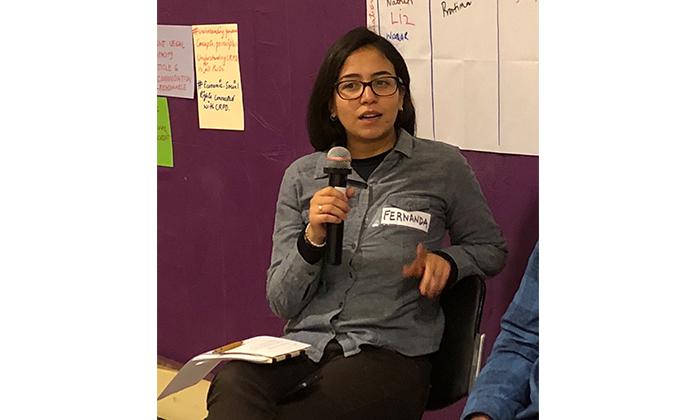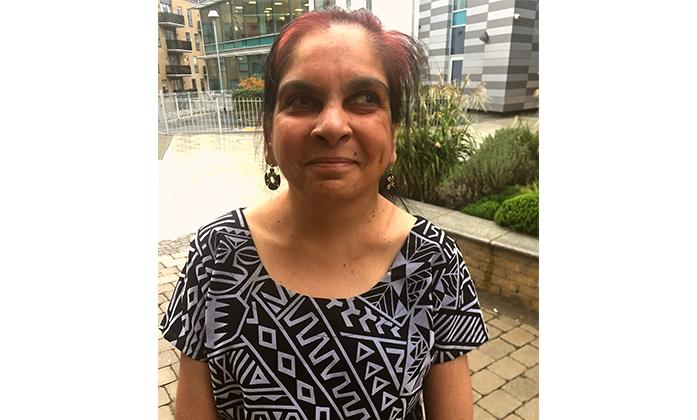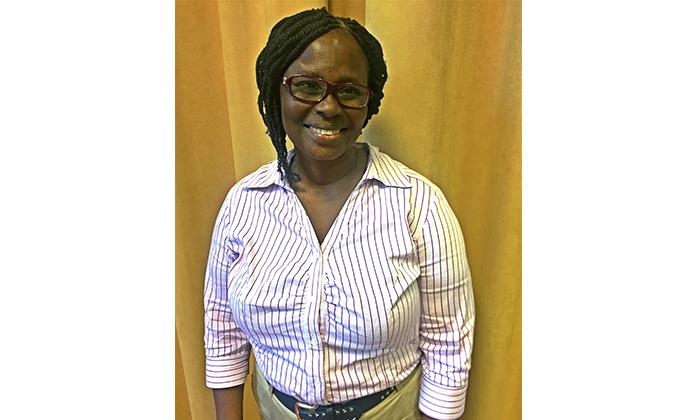The Iraqi Alliance of Disability Organizations (IADO), the Arab Organisation of Persons with Disabilities (AOPD), the International Disability Alliance (IDA) and the International Organisation for Migration in Iraq (IOM Iraq) hosted Bridge CRPD-SDGs Module 1 in Erbil, Iraq from 9 to 16 November 2021.
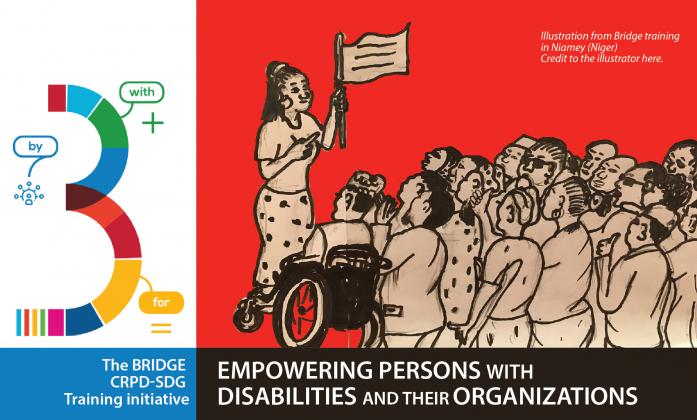 The Bridge CRPD-SDG Training initiative is an ambitious project to bring international human rights and development into the lives of people with disabilities. Initiated in 2015 by IDA and the International Disability and Development Consortium, the Bridge trainings have reached since then over 500 people from 103 countries, generating agency and knowledge, and an extraordinary multiplying effect in countless communities around the world.
The Bridge CRPD-SDG Training initiative is an ambitious project to bring international human rights and development into the lives of people with disabilities. Initiated in 2015 by IDA and the International Disability and Development Consortium, the Bridge trainings have reached since then over 500 people from 103 countries, generating agency and knowledge, and an extraordinary multiplying effect in countless communities around the world.
The adoption of the UN Convention on the rights of persons with disabilities by the vast majority of nations in 2006 was a watershed moment in the history of the disability rights movement. What was needed thereafter was to mobilize its emancipatory effect to reach the communities, homes, families, and individuals whose lives this landmark document was meant to touch.
This is why the project sought to work with those that are rarely included in international action, and often neglected by national policies, relying on the coalition’s vast network of local organizations. Bridge experiences have reached people with intellectual and psychosocial disabilities, persons with disabilities from the most underrepresented indigenous communities, and have prioritized women’s participation: more than 250 women with disabilities have so far taken part as participants or facilitators.
Influencing public policy debates
Bridge trainings are a critical piece in the strategy to empower new leaders with disability through knowledge and capacity for agency. Most testimonies from participants indicate enormous advances in terms of personal skills, awareness and professionalization, as well as for collective organization and advocacy. Some Alumni even succeeded in becoming members of parliament and in being nominated for the UN Committee in charge of overseeing the implementation of the CRPD.
The Bridge process has raised the public profile of organizations of persons with disabilities as stakeholders in crucial public policy debates. Members of the bridge community have played key roles in strengthening the organizations that constitute the backbone of the disability rights movement, leading coalitions that succeeded to influence enactments of disability acts and social protection frameworks, and the introduction of reasonable accommodation, inclusive planning and budgeting in public policy processes.
Bringing disability in international development
Bridge trainings were also conceived as a key strategy to introduce persons with disabilities and their organizations as stakeholders in the most important global development processes around the Sustainable Development Goals, and the 2030 Agenda for their implementation. Participants of Bridge trainings increase their understanding of international development frameworks, multilateral efforts and the accountability mechanisms in place, and they are supported to play active roles in them.
Institutions and Governments have acknowledged the quality and expertise of Bridge alumni, who have been collectively active in influencing international public policies on humanitarian action/disaster risk reduction, as well as critical sustainable development global processes. The Bridge community has been present at the UN Habitat III for the launching of the New Urban Agenda; engaged in reviewing the status of the Beijing declaration at the Comission of the Status of Women, at the World Data Forum, and at the Association of Women’s Rights in Development Forum (AWID), to advocate for these global processes to be in compliance with their rights.
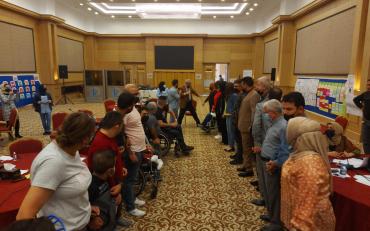
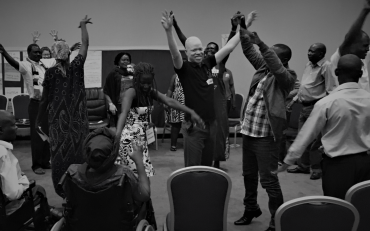
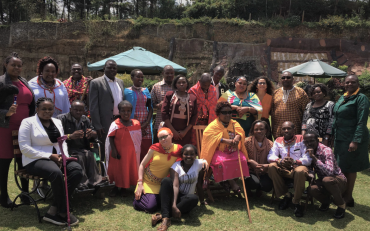
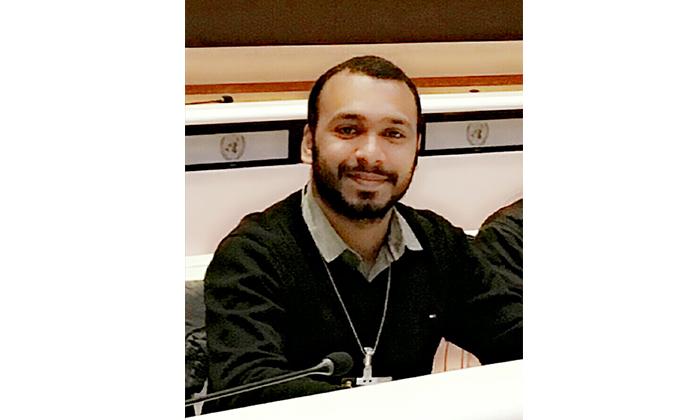
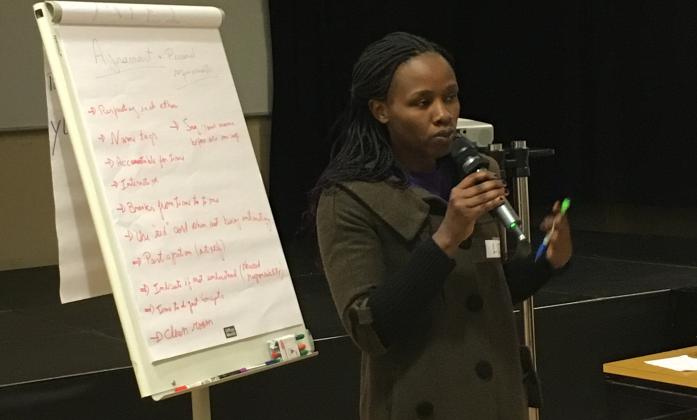
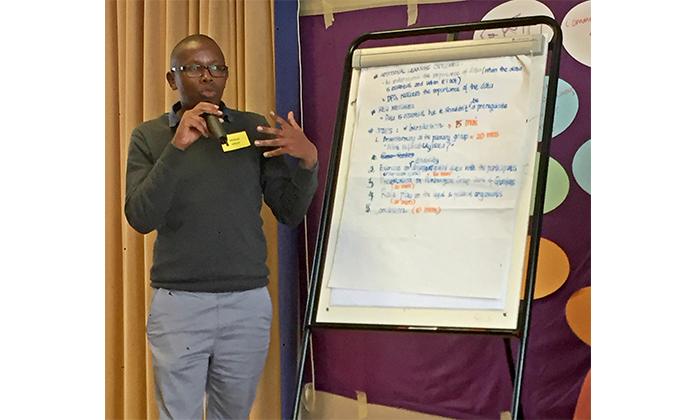
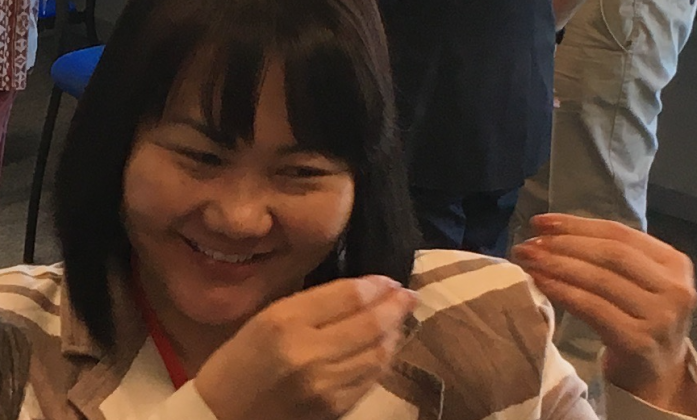
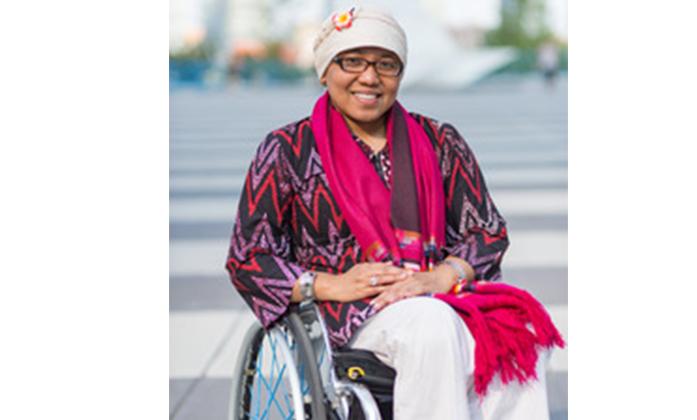
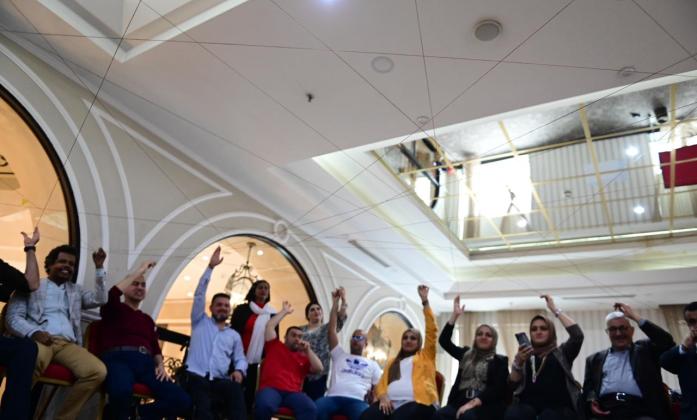 Bridge CRPD-SDGs is an intensive training programme that aims to support organisations of persons with disabilities (DPOs) and disability rights advocates to develop an
Bridge CRPD-SDGs is an intensive training programme that aims to support organisations of persons with disabilities (DPOs) and disability rights advocates to develop an